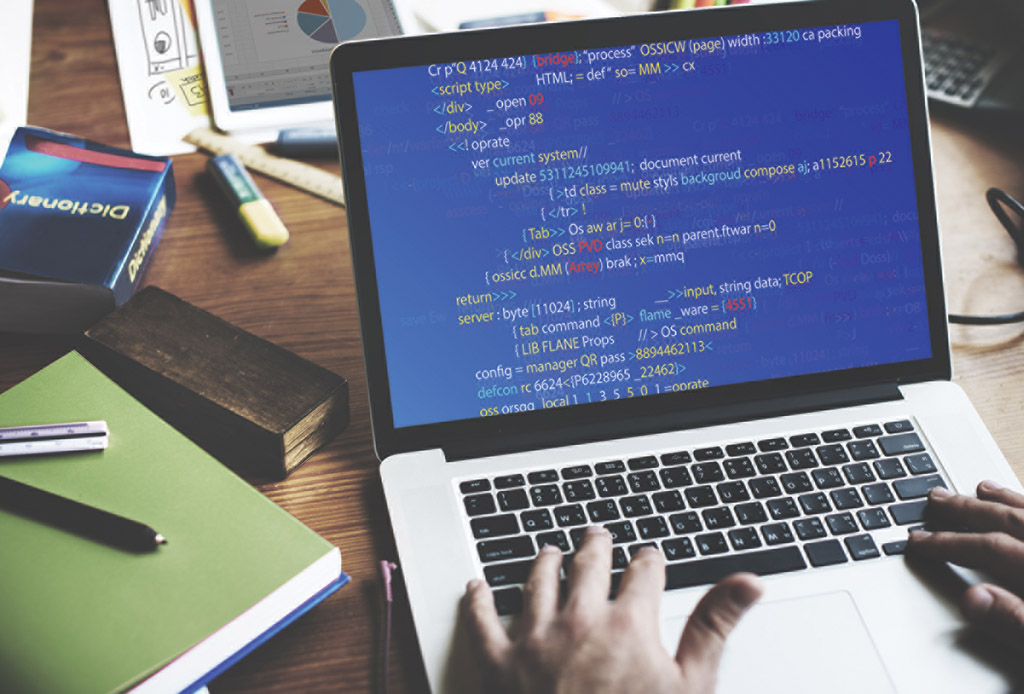11.3 Computer programming and coding

Watch this short film about computer programming, featuring some of the biggest names in IT. List some of the interviewees you recognise and why they are famous.
For digital systems, the creation of actual software requires coding in a programming language suitable for the system it is to be used on. However, computers run on binary code – written in 1s and 0s – which is very difficult for humans to work with.
But just as people can understand different languages, computers can understand different languages (like Python, C#, C++, Perl, Visual Basic, Java, JavaScript, Ruby and PHP, among others), which translate our instructions into binary.
Without coding, we wouldn’t have websites to use, digital games to play, or special effects in the movies and shows that we watch. Though learning detailed coding is outside the scope of this book, through the use of algorithmic logic you can still create a digital solution to a problem.
There are lots of areas on the internet where you can experience basic coding. Try the following websites:
- Code.org: This site has a combination of free and fee courses. Look up the Hour of Code for some fun with coding.
- Codeacademy: This site has many lessons on how to code for free. You just have to sign up with an email and a password.
- Khan Academy: This site has some useful resources on coding in a range of programming languages.
- GameMaker Studio: This is a free program available for download where you can make your own games using an easy-to-use drag and drop interface!